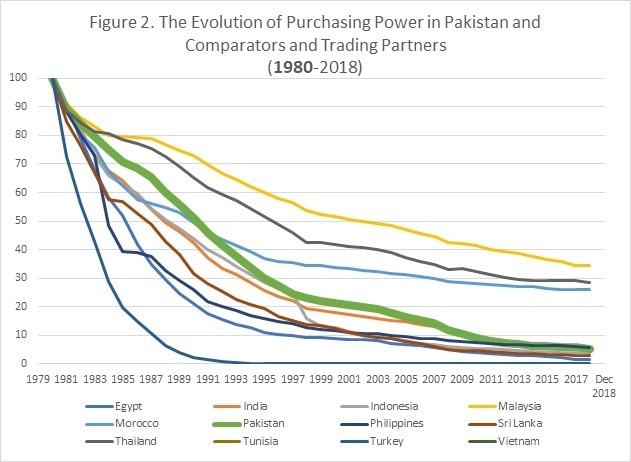CT Newsroom
National Price Monitoring Committee (NPMC) found on Monday that the main reason behind the price increase of everyday items in Pakistan was the sharp increase in the world market prices caused by the current COVID-19 crisis.
According to a press release from the Ministry of Finance, the NPMC meeting was held which was presided over by the Minister of Finance.
Federal Minister for Research and National Food Safety, Syed Fakhar Imam was among the significant attendees along with Advisor to the PM on Commerce Abdul Razak Dawood, SAPM on Finance and Revenue, Dr Waqar Masood, secretary Finance Division, secretary of Ministry of NFS&R, chief secretaries of the provincial governments, member PBS, MD Utility Stores Corporation, Chairperson CCP and other senior officials of various ministries were also present in the meeting.
By analyzing the evolution of commodity prices in the international market, MPMC found that a year-on-year benchmark analysis showed that crude oil prices in April 2021 increased by 178% compared to April 2020.
Similarly, international sugar prices have risen by 57% year-on-year, while palm oil, soybean oil and wheat prices have also shown a steady upward trend, which in turn has led to a sharp increase in the prices of basic commodities in the domestic market.
In this case, the Minister of Finance stated that the COVID-19 crisis has led to an increase in food prices in the international market, especially the prices of edible oil, sugar, tea and wheat.
The government is taking all possible measures to ensure an uninterrupted supply of essential goods through Ramadan/Sasta bazaar chains and USC chains to reduce bottlenecks and reduce price increases in the domestic and local markets.
He also told NPMC that Punjab is currently ahead of other provinces when it comes to buying wheat.
The secretary of the NFS&R department informed the committee that it will outline the import volume of 4 million tons of wheat before the next ECC in order to obtain the necessary approvals to establish a strategic reserve and ensure uninterrupted national wheat supply.
The Finance minister emphasized that pipeline construction was unacceptable under any circumstances and the provincial government and relevant departments would take strict measures to control commodity prices. He concluded.







